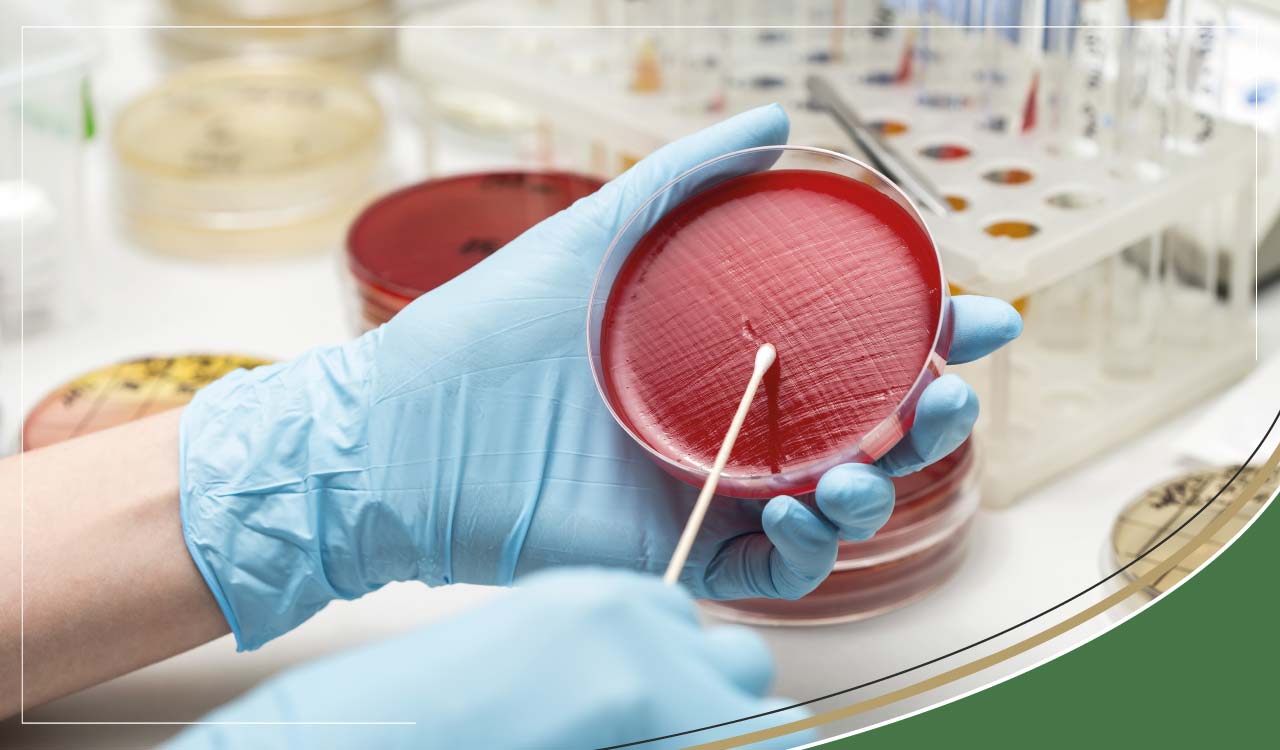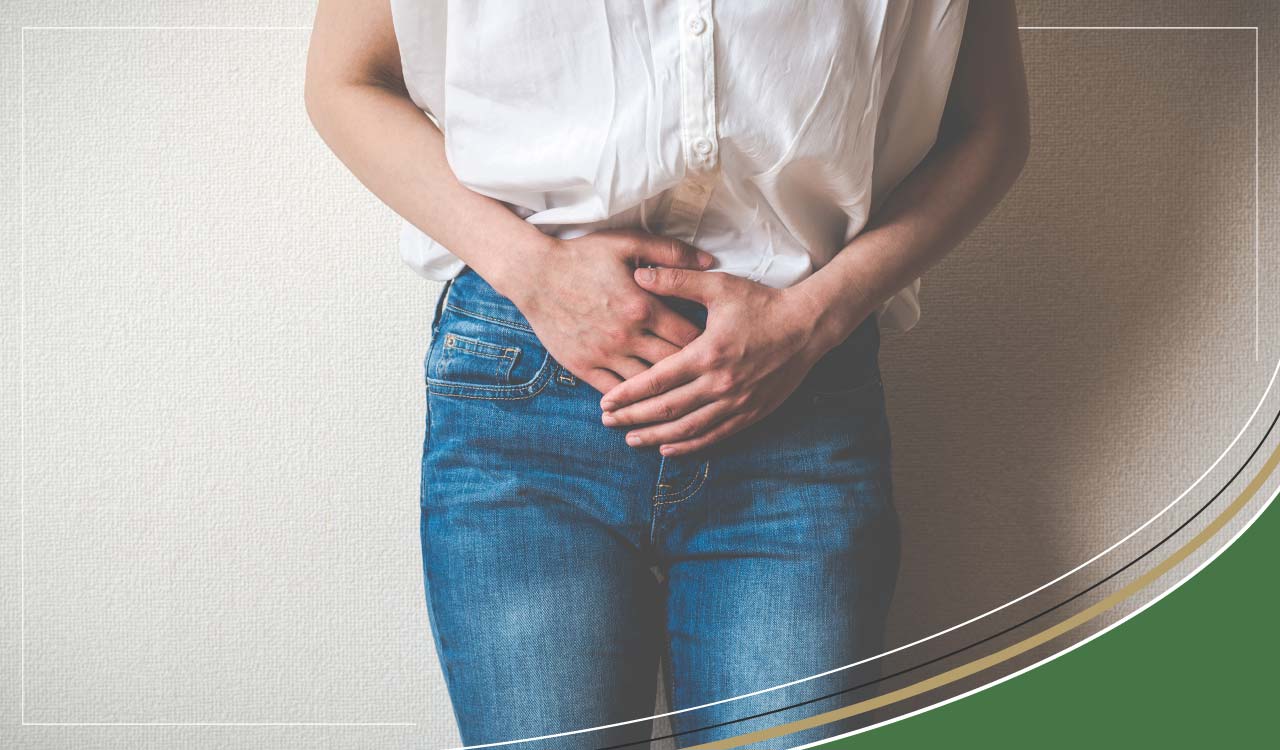Dehydration, the link between hot weather and cystitis?

Cystitis in hot weather... Well, it’s summer at last in Britain, but the weather rarely does things by halves here. One week we are flooded, and the next week we have a heatwave. But seriously, hot weather can cause or exasperate a number of health problems. Apart from the obvious things like sunburn or sunstroke, people who are prone to cystitis/urinary tract infections often find that they are getting the warning signs of another bout starting. The sharp twinges during or after urinating. A bit of a low down abdominal cramp. For some people, an aching kidney can be the warning. Whatever the case, as soon as your body gives you your particular warning it is necessary to act fast to try to stop the cystitis in its tracks.
Dehydration & Urine Infections
Why are urine infections associated with heat? The answer lies in dehydration. When it’s hot we tend to sweat more, and it can be easy not to drink enough to compensate for the fluids lost through perspiration. Pure clean water is the best thing. If you go for a walk in the heat, carry a bottle of water. If you are working at a desk, don’t forget to drink frequently. If you drive somewhere, take an easy to pop open water bottle.
Signs of mild dehydration
- Thirst - dry mouth and lips
- Darker urine than normal, or passing little urine
- Headache, dizzyness, or feeling light-headed
- Not sweating in the heat
When you get any of the above signs, you need to stop what you are doing and take a drink, and remember that even though your thirst may be temporarily quenched, you have not rehydrated yourself with that one drink. Give yourself a few minutes and then take another drink. Same again a few minutes later. You might want to add a little pinch of sugar and salt to a drink to replace your lost electrolytes. If you have not already done so, it is worthwhile taking a double dose of D-Mannose just to ensure that you don’t end up with an infection. Don’t forget that when the urine is concentrated there is a build-up of uric acid, and this can lead to cystitis symptoms. Also, if there are any bacteria present in the urine, they will be able to metabolise the acids present to enable them to divide and multiply.
 Fast Delivery - 1-4 Working Days
Fast Delivery - 1-4 Working Days
 Free Delivery for all orders to France
Free Delivery for all orders to France
 Read Thousands of Independent Reviews
Read Thousands of Independent Reviews
















